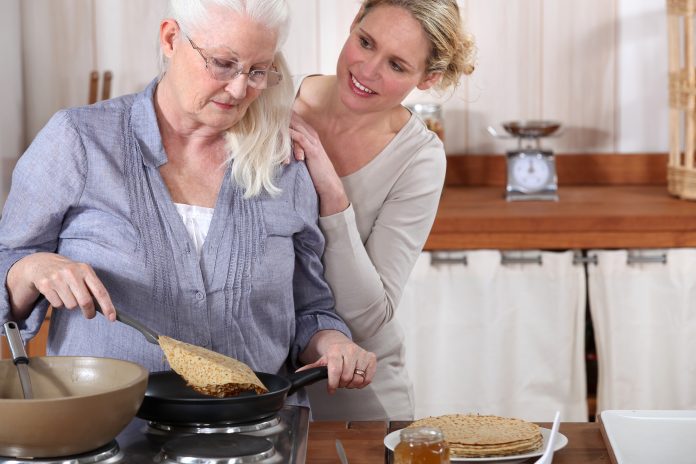We are consistently hearing about how families are frustrated because their senior parents will not accept or they resist help. This causes a lot of worry throughout the whole family. Often there are underlying issues that need to be addressed and these issues are often the reason for resistance.
Here are some tips to help in the care of your senior parents:
- Consider that there may be issues happening that involve cognitive function. When a senior parent disagrees with how you may feel things should be addressed, this doesn’t always mean there is reduced brain function. It is always best to have a medical opinion in all cases that involve caregiving to set your mind at ease. Possibly your parent may also just need help improving their cognitive abilities.
2. Listening to your parent’s wishes and emotional needs is of utmost importance. Some of their resistance may come from the fact that they feel you are not listening to what they want, even when their is decreased cognitive function. Sometimes there is no rational reason to why a senior parent will act the way they do or say the things they say. In most cases, they ultimately just want to know they have been heard and have an input on their care. Often a therapist or support worker can help when dealing with this resistance.
3. Review your senior parent’s goals and work on compromise if possible. Most often our parents want to live as long as possible, and quite possibly in their own home if it is feasible. Have open and honest discussions about what they would like, while still taking into consideration their safety and well-being. This might mean they have to compromise on taking up that beautiful area rug they have had for 50 years, but you can explain the reasons for it and how it will be safer for them to be at home if they make a few adjustments.
4. Determining what YOU need from what THEY need. There are many things that make us feel that we need to control how our parent’s lives are managed. Is this guilt? Are you having conflict with your siblings about it? Is it a desire for control? Does your parent continually say they can do it all themselves? The best way to determine this is through knowledge. Get prepared for caregiving. Talk to as many support people that you can, get as much information as you can. Knowing what your parent’s actual needs are and how to get that help is a big step in getting to a better place in your caregiver role.
If you need some recommendations from one of our caregiving consultants, please contact Seniors Lifestyle Care here.






















